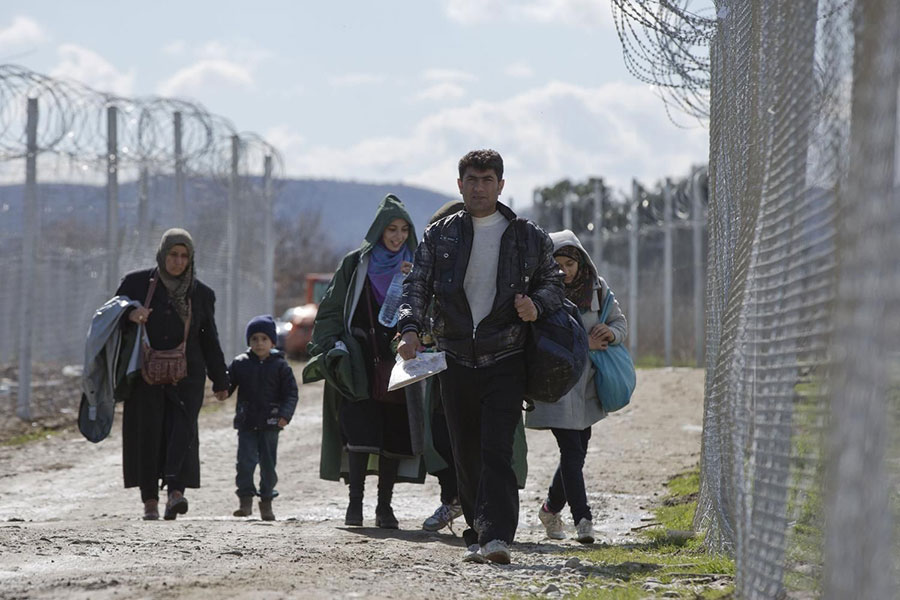Following a recent increase in contributions to support the country via the EU Civil Protection Mechanism, Greece will receive additional deliveries of aid this week to support refugees in the country. Greece activated the Civil Protection Mechanism on 3 December, and since then 13 EU Member States and Norway have made offers of support, helping deliver over 87,000 items such as blankets, medical supplies, tents, beds and mattresses.
Over the weekend, the Netherlands delivered 12 minivans and 90 generators, the UK over 1,000 tents and France four sanitary containers, 12 sheltering containers and 5,000 jerry cans. Just today, Luxembourg made an additional offer of support, including 30 generators, 750 bed mattresses, 300 chairs, 1,000 jerry cans, 5,000 pillows and 500 bunk beds. This week Austria, Germany, Spain, Lithuania, Hungary, Norway and Sweden are expected to make additional deliveries of support.
Commenting on the substantial level of offers made, European Commissioner for Humanitarian Aid and Crisis Management, Christos Stylianides, said “Greece and other countries are in need of immediate material support, and the latest increase in offers through the Civil Protection Mechanism is a proof of European solidarity. I thank all the 14 countries for their support so far and I call for further offers of much needed assistance.”
The Civil Protection Mechanism can be activated by a Member State or a country outside the EU if it feels overwhelmed by a crisis. The European Commission then coordinates the voluntary offers made by participating states, and can co-finance the transport of relief items and experts to the country in question.
In addition to Greece, Croatia, Hungary, Slovenia and Serbia have activated the Mechanism since June 2015. All in all, for the refugee crisis, the Civil Protection Mechanism has helped provide over 780,000 items to countries in need. Unlike the new instrument proposed by the Commission for emergency support, the EU Civil Protection Mechanism (EUCPM) relies on voluntary offers from participating states. The new emergency support instrument on the other hand, will allow the EU to directly finance humanitarian activities inside the EU.




